Dissolve stress with this simple technique
Stressed? See how James uses a simple breathing technique to relieve stress.
Start Browsing
Start browsing
< Wait, I have a password

to your account
 Facebook
Facebook
< Wait, I don't have a profile yet
Reset Password >
to save your details
 Facebook
Facebook
< Wait, I already have a profile

Start browsing
< Wait, I have a password



Don't just describe, analyse.
Answering legal studies questions requires us to not only describe something, but often to analyse or critique it. For example, when asked about the effectiveness of a certain law, we need to be able to determine that law's effectiveness against a set of criteria or elements. So it's always useful to have a set of criteria on hand that you can use to analyse a law.
